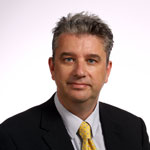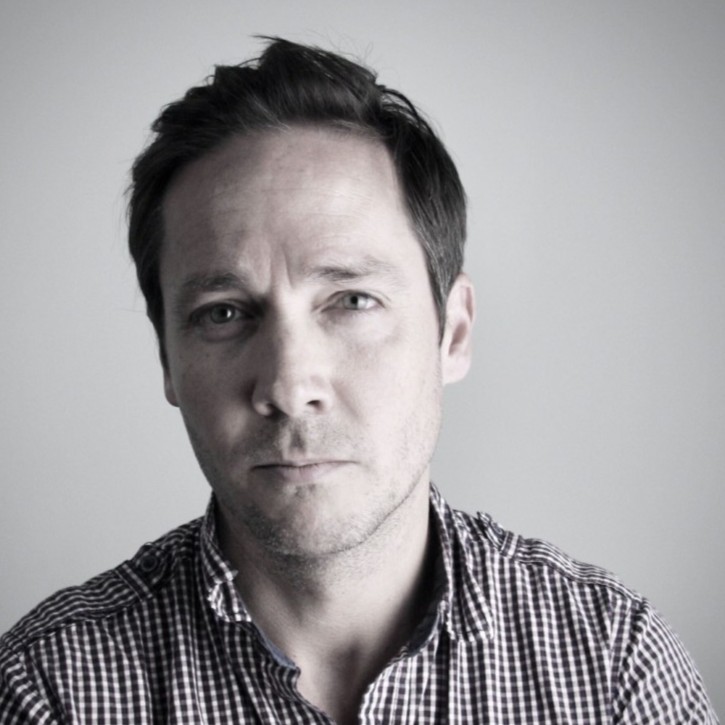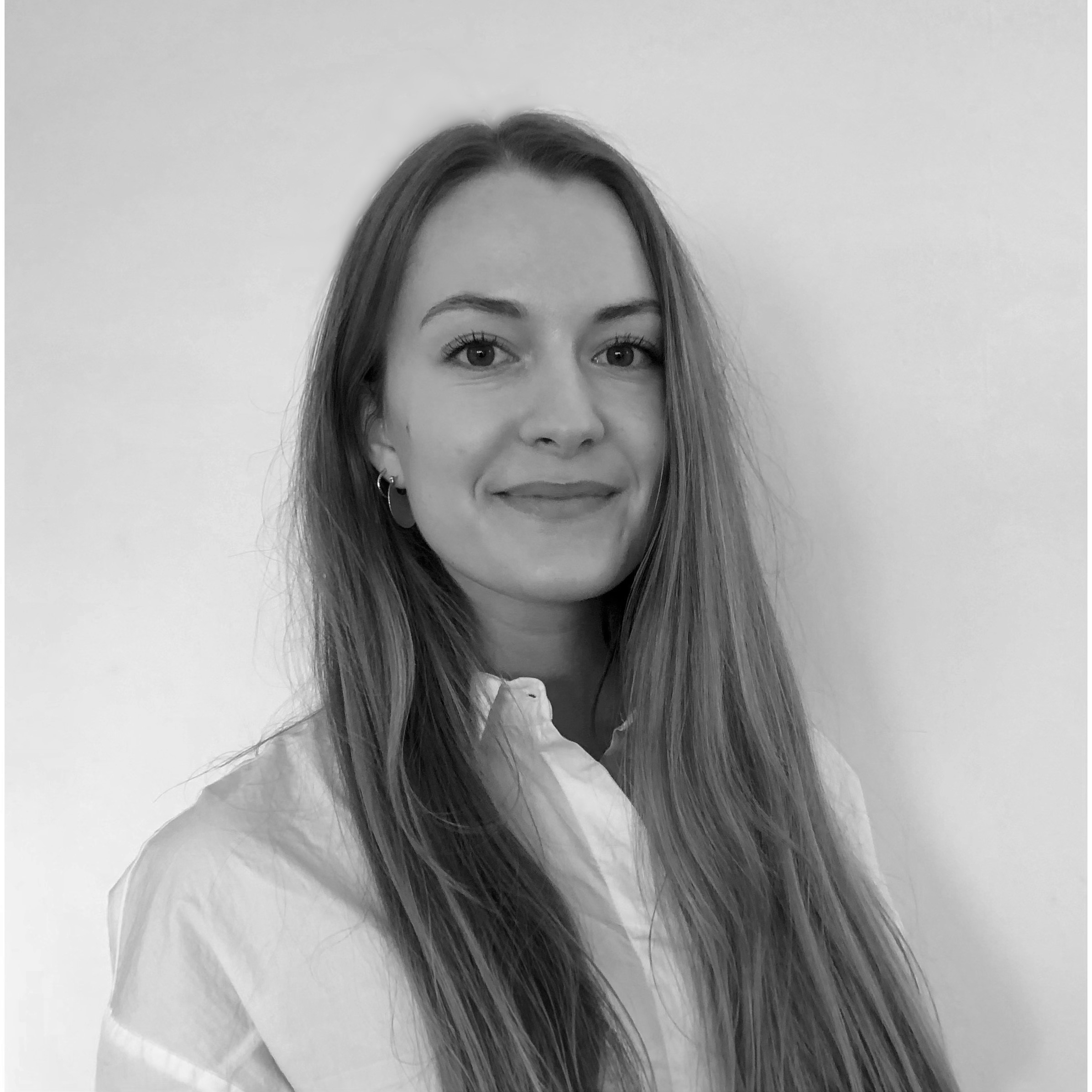At the last meeting of the Boardroom Club (in which we interviewed Aron Ralston, the unwitting star of the film 127-Hours by Danny Boyle) we explored how to lead your team through the uncertainty of the post-COVID recovery and capitalise on the opportunities it presents. Afterwards, we caught up with Dr Laurie Miles, SAS’ Director of Global Cloud Analytics. In the following interview, we captured his perspective on the topic, as well as his thoughts on how to move forwards in a period of uncertainty. It’s about a 6-minute read.
Q1: The pandemic has been a rollercoaster for us personally, our teams, our companies and for society. How does SAS respond and navigate this period of uncertainty and change?
There’s two aspects to this question. Firstly, there’s what we did to carry on working as a company and what we did for our people. And secondly, there’s what we did for our customers. If I start with what we did internally, we were very fortunate that as a Technology company we already had systems in place such as personal laptops, home broadband setups and previous experience working from home. This made the change from being an office-based to a home-based company relatively straight forward. We’ve got an excellent IT department, with the most up to date kit and networks you can imagine so it was very easy for us to make that change. However, we were conscious that suddenly everyone was at home, paying more electricity, heating and other bills so we put in place a monthly allowance per employee as a contribution to the extra costs they were incurring. The most important thing was being understanding of the fact that it’s not 9-5 anymore. Everyone has different needs. For example, people with children are home-schooling as well as working, so we took the pressure off everyone by saying “do what you can do, when you can do it”.
Turning to our customers, we straight away reached out to see if we could help. They were facing data and technology issues whilst faced with significant and urgent business decisions. So, we reached out to them, asking if they needed help. And in the majority of cases we provided that help for absolutely nothing. A case in point is the work we’ve done for HMRC. When the furlough scheme was announced they suddenly had to pay people with IT systems that weren’t designed for it. We worked intensively with the PAYE system and immediately mobilised the team, working weekends, bank holidays, sometimes 20 hours a day to make sure the furlough scheme kicked off as it needed to. We got a personal letter of thanks from senior civil servants, which was a proud moment for the company.
Q2: Aron’s latest story is about thriving. He refers to his life before and after the canyon. What is the greatest difference between your organisation before and after the pandemic? What characteristics are allowing you to thrive today?
The greatest difference between now and then is an increased level of flexibility and an increased level of understanding that it doesn’t matter where you’re working if you’re doing the right thing in the right way. We are a flexible organisation in a fast-moving industry so dealing with change quickly is something we’re used to and already had the capacity for. And so, we’re not going to go back to being a completely office-based organisation or a completely home-based organisation, we’re going to be a hybrid workplace. We’re going to issue guidelines, but we trust people to make the right decisions as to what’s best for them.
We’re much more agile and much more flexible now. We all know each other a bit better. We used to talk about work/life balance, but what we have now is work/life integration. That can be dangerous, but if you have the discipline to turn off at 17:00 and go for a walk at lunchtime it works well. It’s been a positive that we can all be a bit more ourselves in the workplace.
Q3: One of Aron’s most famous quotes is “that boulder did what it was there to do. Boulders fall. That’s their nature. It was the only natural thing it could do.” In this respect, another boulder will fall, another crisis will happen. What do you believe is that next crisis?
People have lost some social skills, face to face. I’m naturally a bit of an extrovert and I felt that. People that are naturally introverted are going to have to re-learn some social skills; I think that could cause some issues. On the flip side of that, people are much more aware of mental health issues when before it wasn’t such a big thing. I have two grandsons (aged 4 and 5) that have missed some key time in their education, so there will be a knock-on effect for a portion of people from ages 3 or 4 through to teenagers that have missed out. This may well come back to bite us.
Q4: Just ahead is the return to the office, how do you enable your team to continue to operate with the same clarity and decisiveness?
We are going to hybrid working but with guidelines in place. There shouldn’t be mixed meetings – if not everyone’s in the room, then no one’s in the room. We want everyone to have the same experience of a meeting. We’re thinking about what the role of the office is going forwards. The role of the office used to be somewhere to just go and work, going forward the role will be much more about collaboration, innovation and working with our customers. Maybe it isn’t a building full of desks but rather collaboration areas. We’re starting to think about what that will look like while encouraging people to do what’s right for them. As a company we have always done a lot of enormously useful workshops in person. We have not been able to recreate that online.
The other thing to consider is economics. We saved an enormous amount last year from a lack of travel expenses and we’re now re-considering if these expenses are necessary going forward, not just from an economic perspective, but also from an employee well-being perspective.
Q5: In today’s business world, should we strive to be better at predicting or better at adapting?
We should strive to be better at both; and also understand how they interact with each other. I’m a data scientist who has spent my life building predictive models so I’m not going to say we should forget about predicting as there are so many positives that come out of it. I could give you a thousand examples, but the pandemic has shown that you can’t predict everything. You need a plan that can adapt when your model fails. It will be a combination of predictive models and rules overlaid with sensible people making sensible decisions to adapt as we go. It isn’t one or the other, it will always be a combination of the two. This past year has shown that humans are an incredibly adaptable species; it’s why we’re at the top of the food chain. The first lockdown was extremely disruptive, but the second was smooth. It shows that we’re very, very good at adapting.
To stay up-to-date with the latest insights, interviews and reports from the Boardroom Club please register for updates. To become a member and receive invitations to events and to be interviewed, you must be a senior executive at a FTSE350-sized public or private organisation. Membership approval or completed by our Club Director following your registration.








